The bards of Marathwada
The bards of Marathwada
mid-day | November 13, 2022
July - September 2006
Edition 01
Welcome to IFA‟s first newsletter which comes to you at an exciting point in our history. We have supported 174 projects across the country over the last eleven years and are ready to venture into areas new to us. The core of our work remains grant-making, however, and in recent months we have
continued to fund projects under the two unique programmes we launched last year – Extending Arts Practice and New Performance...
continued to fund projects under the two unique programmes we launched last year – Extending Arts Practice and New Performance...
April - June 2011
Edition 19
Kali-Kalisu is an arts-based training initiative for government school teachers across Karnataka. It is a joint project of IFA and Goethe-Institut/Max Mueller Bhavan, Bangalore. This is the third year of the initiative, and IFA is organising regional conferences to reinforce the work done under Kali-Kalisu. These conferences invite teachers trained under Kali-Kalisu to share and discuss their experiences. The teachers also get to observe and interact with the work being done by independent artist-educators...
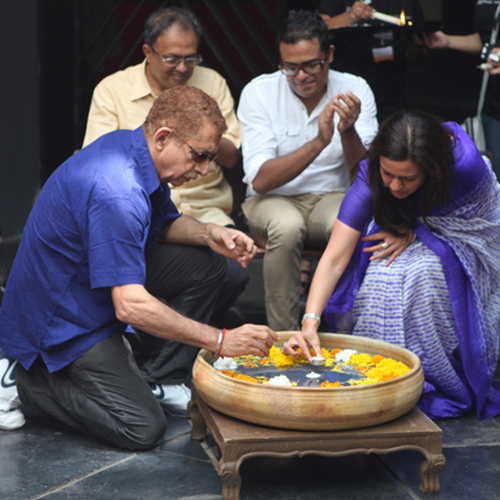
Edition 22
In the last quarter, IFA crossed an important milestone—the launch of its new office in Mumbai. After frequent requests from grantees, trustees, patrons, friends and other well-wishers to expand our base, we finally opened our doors to Mumbai on April 7 and 8, 2012 with a grand festival at the Prithvi Theatre. We are grateful to Prithvi Theatre, Project 88, Art India and Mohile Parikh Centre (MPC), who will partner IFA to host these events in Mumbai...
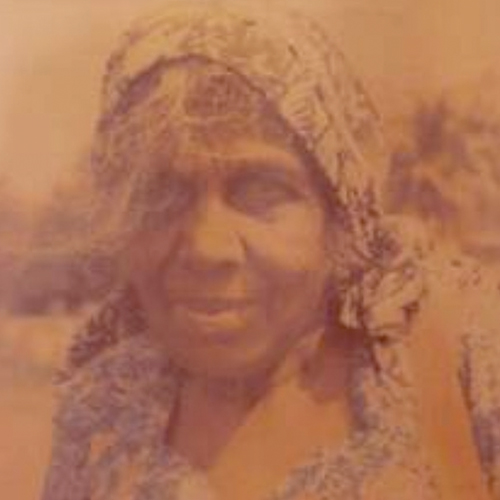
Edition 23
IFA is proud to announce that the latest issue of ArtConnect, our bi-annual magazine for the arts, is in print. Focusing on the Ramayana, and brought out in collaboration with the Adishakti Laboratory for Theatre Arts Research, it features critical essays by painter, writer and art critic Gulammohammed Sheikh, historian Romila Thapar, political psychologist and social theorist Ashis Nandy, poet, writer and translator, Eddin Khoo and Tamil writer and researcher in women’s studies, C S Lakshmi...
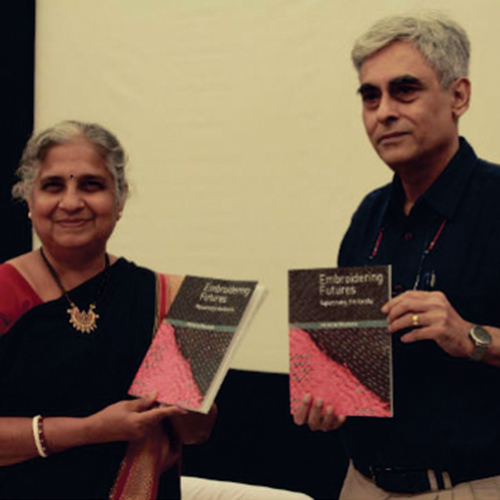
Edition 24
We are happy to announce the publication of Embroidering Futures: Repurposing the Kantha, edited by Ritu Sethi. Supported by the Infosys Foundation, this book documents the journey of kantha embroidery from a household custom of women in Bengal to a staple of shops and boutiques in the big cities where it is now sold as an expensive work of art. In narrating the story of the kantha through interviews with collectors, inheritors, designers and producers, the book also explores the different ways in which its survival can be ensured...
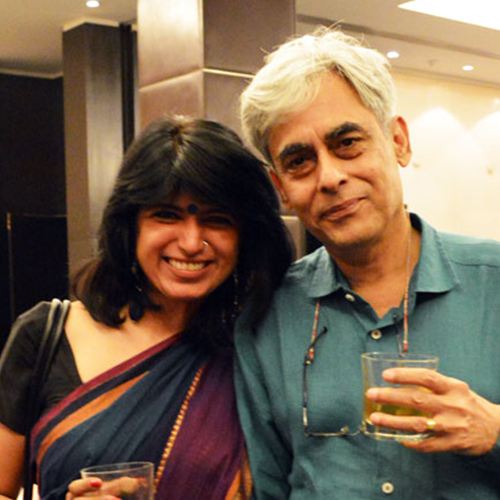
Edition 25
“I've known Anmol for many, many years as an actor, as a visionary, as a person who has supported artists and their art,” said theatre director Bansi Kaul, a former IFA grantee and dear friend of Anmol’s, on hearing about the change of guard. “There are very few practitioners who have vision. It is because of him that networking between theatre groups across the country was possible. Behind the silence of his quiet smile there has always been a mind that cannot be kept from being active without a pause. And that is probably what has given IFA its identity.”...
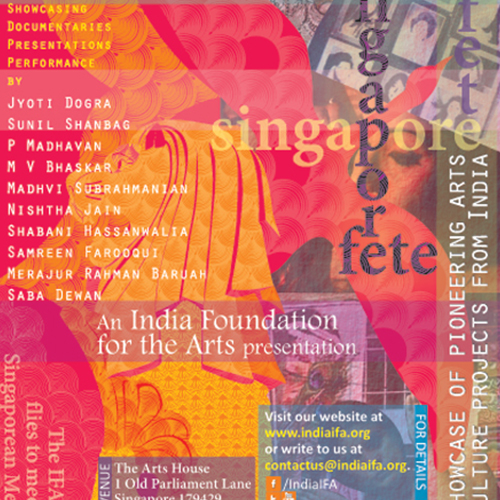
Edition 26
On September 21, 2013, India Foundation for the Arts turned twenty. We have now crossed the Rs 18 crore mark in support to over 330 projects in almost every corner of the country...and so much still remains to be done! We are also happy to announce that for the first time in the history of our organisation we showcased our work outside India. On November 29 and 30, 2013, IFA organised a two-day event in Singapore at The Arts House. The event was well attended and gave us a chance to share our work with an international audience...
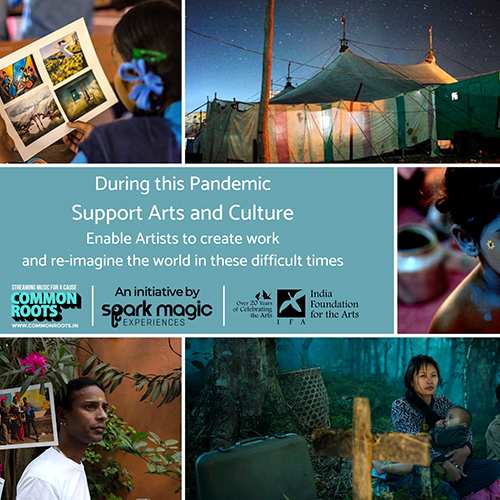
Edition 50
We turn to the arts when we are joyful; we turn to the arts when we grieve. And in times of uncertainty and despair, we turn to arts again for sustaining our hopes. The arts enable us to forge solidarities, make sense of the present, and come together to imagine collective futures. This is especially true of now when the Coronavirus pandemic continues to disrupt and alter our lives. More here, than ever anywhere else, the arts must remind us of the human capacity to endure, re-imagine, and create...
